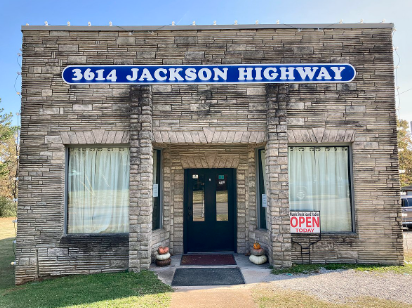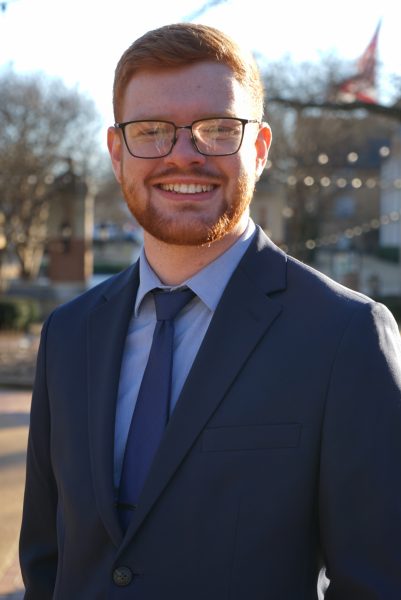Since the beginning of the semester, UNA residence halls have seen twelve false fire-alarms, with five of those alarms occurring within the past month alone. The false alarms, often occurring late at night, have been causing much frustration for on-campus residents and first responders alike.
Many students have remarked about the disruptive effects of the false alarms. Stone Vance, a resident of Rivers Hall, said, “The fire alarms tend to disturb my already disturbed sleep cycle, and honestly put me in a bad mood for the rest of the day.” He went on to say, “I think they should put the dye packets back in the fire alarms so when someone pulls it they can get caught.”
Ryan Orrick, Fire Marshall and Fire Prevention Chief with Florence Fire and Rescue, remarked on the recent increase in false alarms, saying, “We’ve had six calls to the building (Rice Hall/Rivers Hall) this month, so far. One of those calls was Medical, so five false alarms.” He continued, “When I say false, I mean four of the five [alarms] were pull-station activations with nothing found; so they were probably mischievous.” In addition to mischievous false alarms, he said that the leading causes of false alarms were related to nicotine vapes and unauthorized kitchen appliances.
Regarding efforts to eliminate false alarms, Orrick said, “We do a decent job going through the dormitory buildings and doing inspections […] If we can do that, then we can regulate how many false alarms we’re having, and then UNA can pick up from there and say, ‘Alright, this person had an air-fryer so we need to write them a citation,’ or ‘This person pulled the pull-station, we need to do something about that.’”
Orrick also explained the severity of false fire alarms, saying, “You’re putting everybody’s life in danger when you’re activating the alarm like that.” He continued, “It’s malicious, for one, but you get to a point where people don’t take it seriously; they can become complacent, and they just don’t evacuate the building like they should. Take all fire alarms seriously.”
Orrick also shared a fire safety checklist from the Center for Campus Fire Safety (myccfs.org), which has ten easy steps to help prevent dormitory fires, and safely evacuate in case of a fire alarm, including ensuring you have working smoke detectors in your sleeping area, knowing and practicing a fire escape plan and evacuating quickly in the event of a fire alarm.
“Use common sense. They [pull-station fire alarms] are there for emergency purposes only.” Orrick continued, “We want people to take the alarms serious. If there is an alarm, we want to evacuate the building, go to the safe meeting place outside and stay there until somebody gives the all-clear.”






